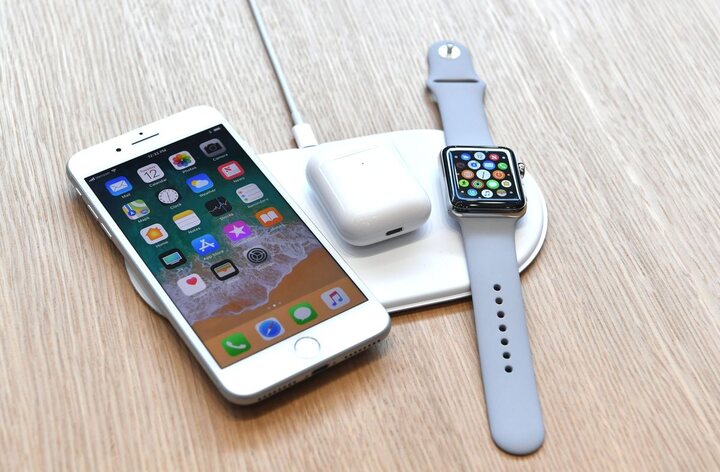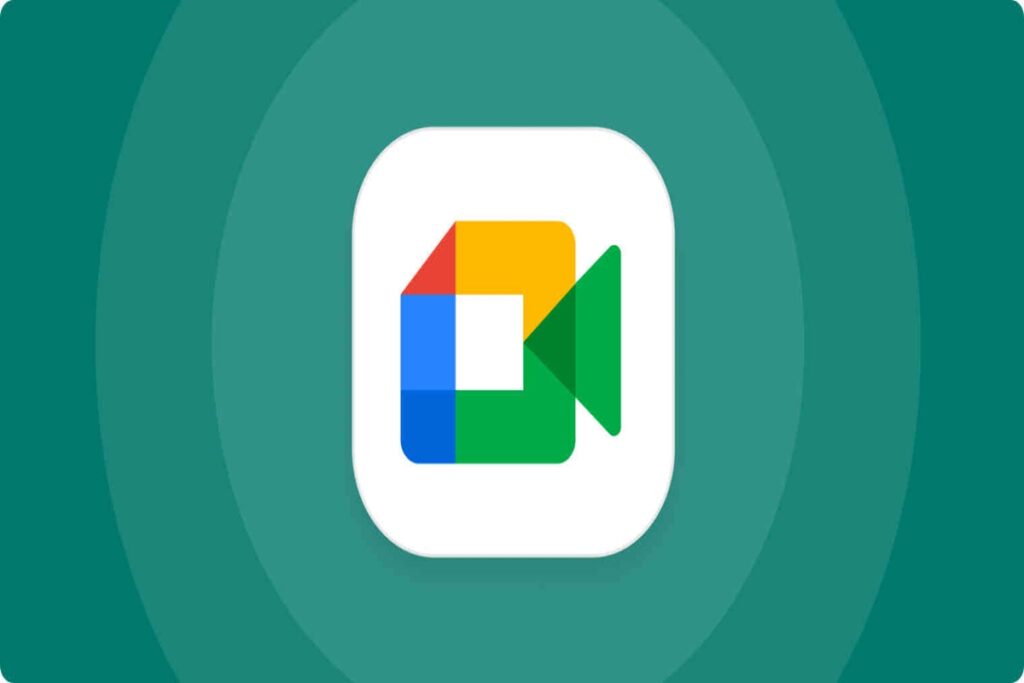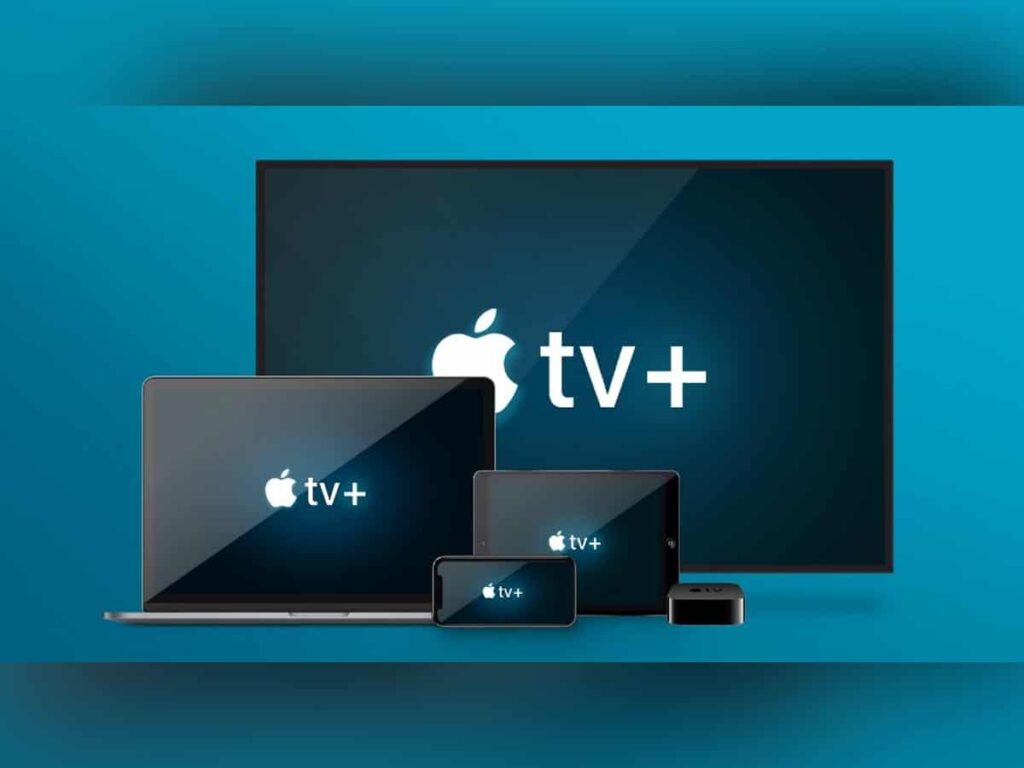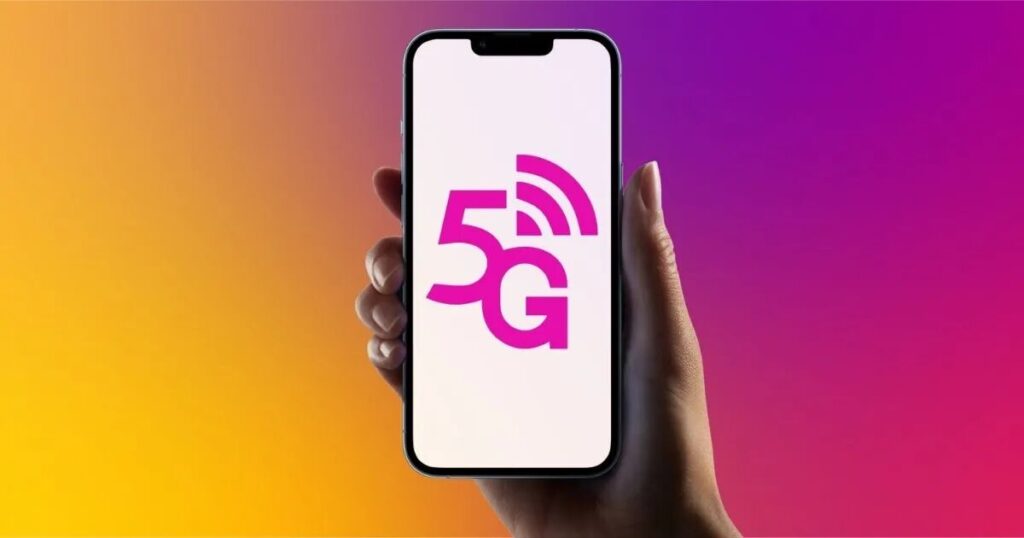Apple iPhone 15 Series To Have USB-C Charging Port
Apple has confirmed that the USB-C charging port will be used in place of the conventional Lightning port on the next iPhone 15 series when it launches.

Apple’s iPhone 15 lineup suggests that it is prepared for the significant shift to type C. On September 6, 2022, Apple unveiled its latest lineup of iPhone 14, but speculations about the upcoming series have already begun. According to the latest reports, Apple will finally transition to Type C charging ports with the new iPhone 15 series.
With its upcoming iPhone 15 lineup in Europe, Apple is most likely to substitute a type C charging port for its lighting port, which has been in use for over ten years now. Recently, a regulation was established in the European Union requiring all smartphone manufacturers to switch to USB Type C ports by the year 2024.
Apple is now the only significant brand in the smartphone industry that does not adhere to this USB standard.
Apple’s Joswiak revealed at a WSJ tech event that Apple will have to embrace the USB-C connection for its upcoming iPhones. The confirmation follows the EU’s decision in favor of a universal charging connector for all devices.
Reports suggest that the iPhone 15 lineup from Apple will feature four new models with two distinct processors to distinguish between entry-level and premium models. All four models will come with USB-C charging port.
According to speculations, the iPhone 15 Pro models could have enhanced 8GB RAM. The upgraded RAM is added to complement Apple’s new processor. A periscope lens is anticipated for the new iPhone 15 Pro Max.
Although Apple is developing its own 5G modem, the new iPhone 15 range won’t use it yet. This may be used for later models that debut in 2024. The iPhone 15 series will continue with the use of the existing Qualcomm modem.
It is also speculated that the 6.1-inch basic iPhone model is expected to be discontinued when the iPhone 15 series debuts in 2023. A rumor from Gizmochina claims that Apple would probably release an ‘Ultra’ iPhone model boasting a few distinctive features in 2023.
Many people voiced their displeasure with the new iPhone 15 Ultra model on Twitter in response to the rumor. According to LeaksApplePro, the upcoming iPhone 15 Ultra, would have a premium titanium body.
Before the announcement of the iPhone 14 series, it was speculated that hat the Pro versions in this line-up would also have titanium bodies, however, this did not materialize. Titanium-built phones are incredibly rare and will contribute to the product’s improved appearance.
According to a report, Apple has been continually assessing the popularity of the iPhone 14 Plus. Some iPhone manufacturing partners have been asked by the company to stop producing the iPhone 14 Plus right away.
Apple has also contacted two component suppliers to reduce manufacturing by up to 90%. The iPhone 14 Plus is reportedly not as well-liked by users as Apple had anticipated.
The popularity of the iPhone 14 has reportedly decreased. Apple appears to be concentrating on bringing a variety of modifications to the new iPhone 15 series right now.
Along the lines of the EU, India is also considering imposing a rule that would require tech firms to have a common standard charger, including USB-C, by 2024.

I am a law graduate from NLU Lucknow. I have a flair for creative writing and hence in my free time work as a freelance content writer.





